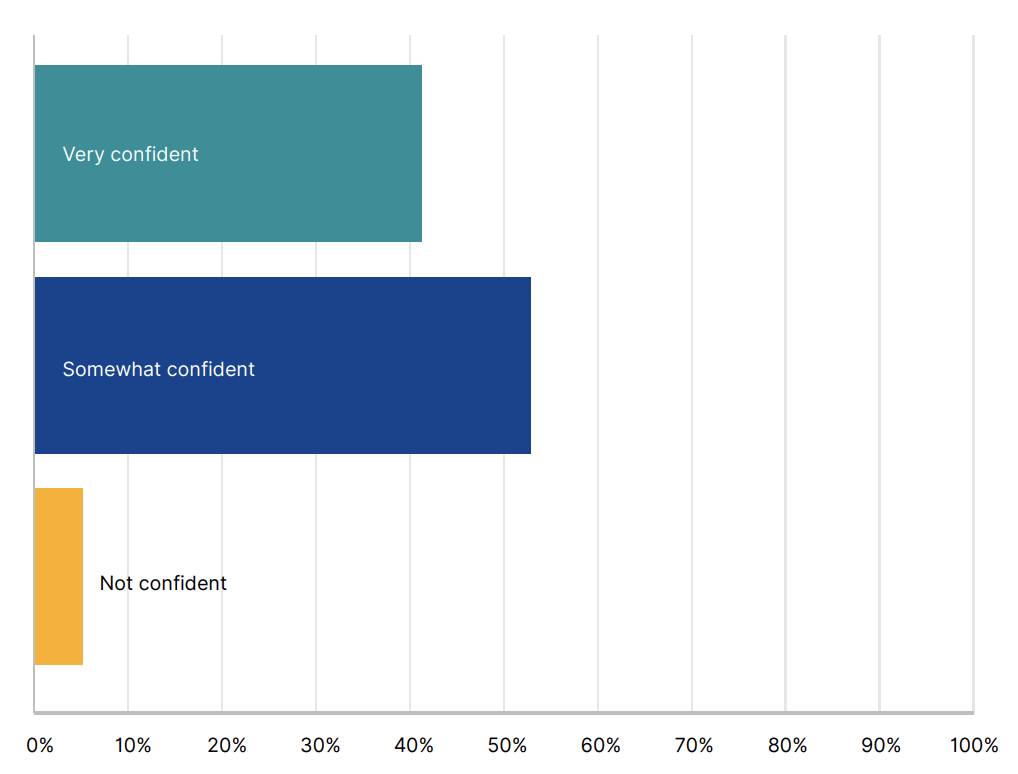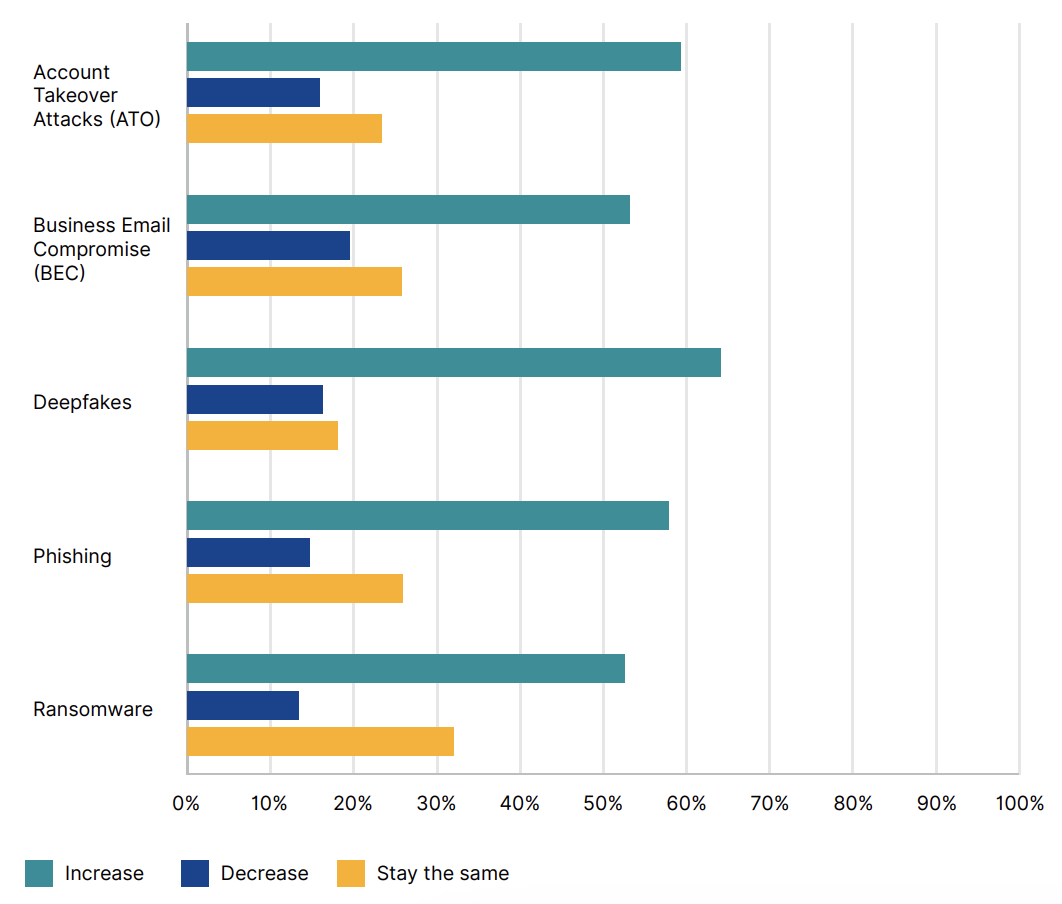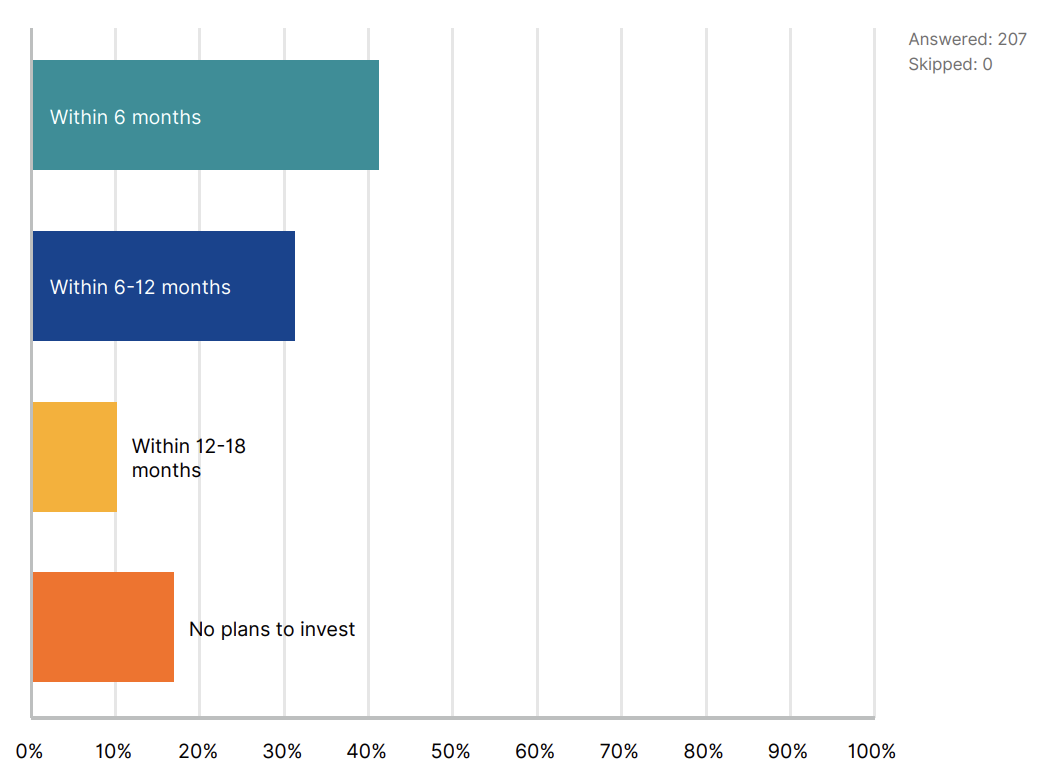
IT professionals' concern about deepfakes 'widespread, severe,' report reveals

A new report has revealed the "widespread and severe" concerns of IT professionals over the cybersecurity threat posed by deepfake technologies.
The report, released by IRONSCALES, has surveyed more than 200 IT professionals to find that nearly 94% reported some level of concern about the threat posed by deepfakes.
Despite this, only 42% said they felt "very confident" about their organisation's ability to defend against such attacks.

Source: IRONSCALES
"As deepfakes grow increasingly sophisticated, and motivations for misuse abound, there is a clear and growing sense of worry taking hold among industry professionals," said Eyal Benishti, founder and CEO at IRONSCALES, in a statement.
"However, one of the most startling revelations to emerge from this report is just how widespread and severe this concern really is."
In 2024, 49% of businesses in five countries reported incidents of audio and video deepfakes, according to a previous report from Regula.
One of the most notable cases of deepfake fraud was in Hong Kong, where a multinational company lost HK$200 million after an employee fell victim to a sophisticated deepfake video conference scam.
And IRONSCALES' report warns that the worst is "still yet to come" as 64% of IT professionals are expecting the volume of deepfake-enabled attacks to increase over the next 12 to 18 months.

Source: IRONSCALES
"Worse yet, by all indications, it appears those closest to the problem are in agreement that the worst of what deepfake-enabled threats has to offer is still yet to come," Benishti said.
Amid the concerning findings, 43% of IT professionals said their organisations have already started providing specialised cybersecurity training related to the identification of deepfakes.
Another 48% said it will be an important part of their security operations.

Source: IRONSCALES
"Proactive organisations would be wise to invest in defensive technologies, dedicated awareness training, and even simulation testing to ready their workforce for what increasingly appears to be an inevitable wave of deepfake-driven threats," the report read.